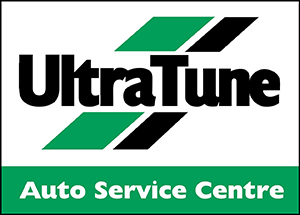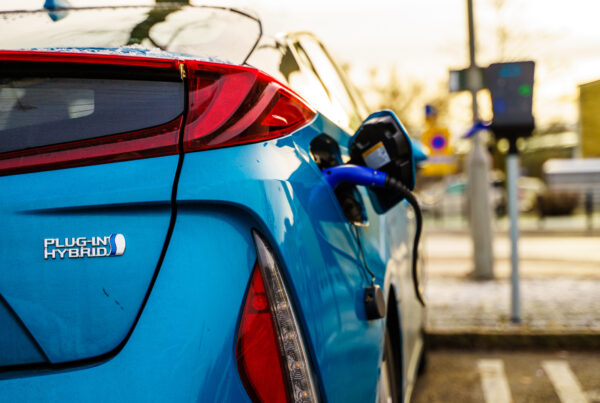In a bid to accelerate the transition towards a greener future and reduce carbon emissions, the New Zealand government has recently announced updated regulations for the Clean Car Discount program.
The revised guidelines aim to further incentivize the adoption of electric vehicles (EVs) and low-emission cars, while also addressing concerns raised by the Motor Industry Association (MIA).
Under the updated regulations, the Clean Car Discount will offer increased subsidies and financial incentives for electric and low-emission vehicles, making them more accessible to the general public. The program will now include a wider range of vehicle types, including both new and used EVs, plug-in hybrids, and fuel-efficient vehicles.
By extending the incentives to used electric cars, the government hopes to provide an affordable and sustainable option for consumers who may not be able to purchase brand-new EVs.
Transport Minister Michael Wood has highlighted the long-term benefits of the updated regulations, emphasizing that a shift toward cleaner transportation options will not only reduce greenhouse gas emissions but also lower fuel costs for consumers and improve air quality in cities.
The revised Clean Car Discount regulations are set to go into effect on July 1, 2023. With these new incentives and a broader range of eligible vehicles, it is anticipated that more New Zealanders will choose environmentally friendly options, contributing to a greener and more sustainable future for the country.
Some Concerns from Industry Body
Meanwhile, the Motor Industry Association (MIA) has raised some concerns regarding key changes to the Clean Car Discount regulations, particularly its potentially negative impact in the new vehicle sector.
In a statement, the MIA said that the absence of a specific cap for light commercial vehicles, which it believes will disproportionately affect this category due to the new fee charges for high-emitting vehicles.
Furthermore, the industry body is also concerned about the timeline of the implementation of the changes. The MIA has pointed out that a longer notice period would have allowed for better industry preparation and adjustment of orders.
Moreover, the MIA raises concerns about the impact on the sales of plug-in hybrid electric vehicles (PHEVs). The reduced rebate threshold from 146g of CO2 per km to 100g means most hybrid vehicles will no longer qualify. This, the organisation said, would negatively affect the sales of PHEV hybrids and potentially hinder the downward trend of CO2 emission improvements in New Zealand.
Documentation of the amendments can be found in the links below:
Did you find this article helpful? Click the ‘heart’ button above to give it a like!




















